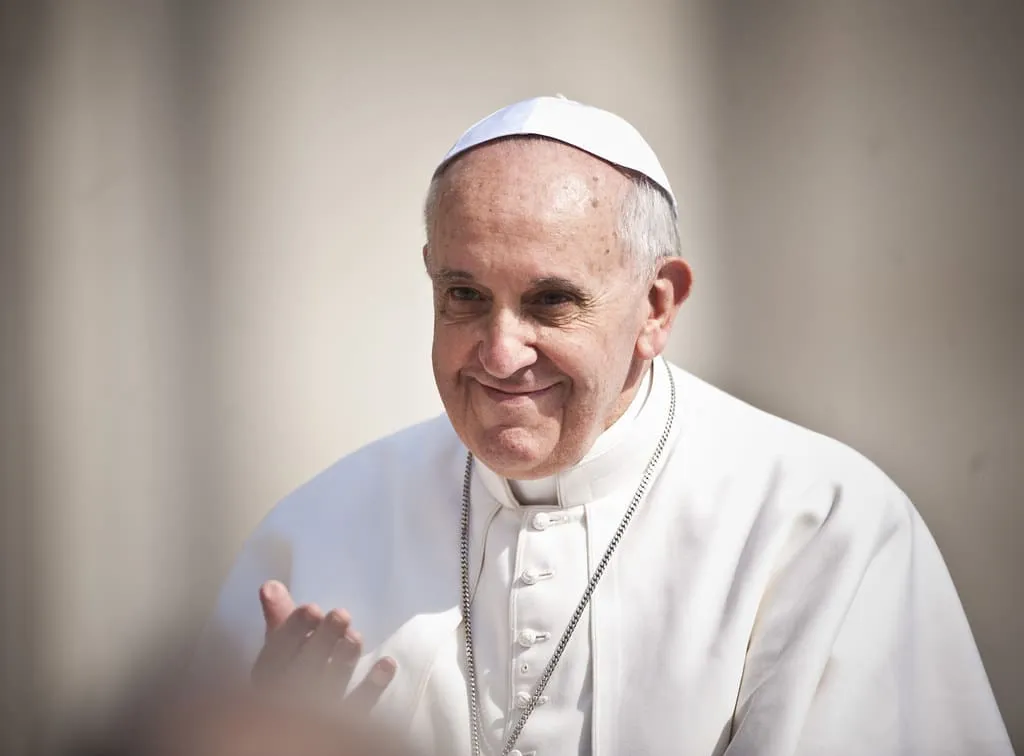Pope Francis, the 266th pontiff of the Roman Catholic Church, died on Monday at the age of 88, the Vatican had announced in an official statement.
NPO Reports that his death comes just a day after his symbolic appearance at St. Peter’s Square, which unknown to many was his final public appearance.
Jorge Mario Bergoglio, born on the 17th of December, 1936, in Buenos Aires, Argentina, was elected in 2013 to became the first non-European pope in nearly 1,300 years, the first Jesuit to ascend to the papacy.
He was also the first to choose the name “Francis,” in homage to Saint Francis of Assisi patron of the poor and guardian of creation.
Bergoglio had previously expressed his admiration for St. Francis, explaining that “He brought to Christianity an idea of poverty against the luxury, pride, vanity of the civil and ecclesiastical powers of the time”.
Over the course of his twelve-year pontificate, Pope Francis emerged as a transformative figure, steering the Church through a rapidly changing world with a focus on humility, inclusivity, and social justice.
Among his most enduring contributions was Laudato Si’, the groundbreaking 2015 encyclical that addressed the moral urgency of climate change and called for environmental stewardship as a sacred duty.
The document positioned the Vatican as a leading voice on ecological ethics, resonating far beyond religious circles.
READ ALSO:
Breaking! Pope Francis is Dead
Just In: Pope Francis to be Hospitalized for Bronchitis Treatment, Checks, Vatican Says
Pope Francis Has Bronchitis but Will Keep his Schedule, Vatican Says
Pope Francis also became a tireless advocate for dialogue between faiths, cultures, and within the Church itself.
He worked to build bridges between Catholics and non-Catholics, Christians and Muslims, and believers and non-believers, often emphasizing shared human dignity over doctrinal division.
He also pushed for a greater role for women in the Church, appointing them to positions of influence previously reserved for men, and expanded opportunities for laypeople to participate in Church governance through his emphasis on synodality.
Prior to his death, Pope Francis faced mounting health challenges that increasingly limited his mobility and public engagements.
He underwent colon surgery in 2021 and battled chronic knee pain that often left him reliant on a wheelchair.
Despite these limitations, he remained active, continuing to meet with global leaders, issue encyclicals, and lead major Church events.
As news of his passing spreads, tributes are pouring in from religious leaders, political figures, and religious organizations around the globe.


